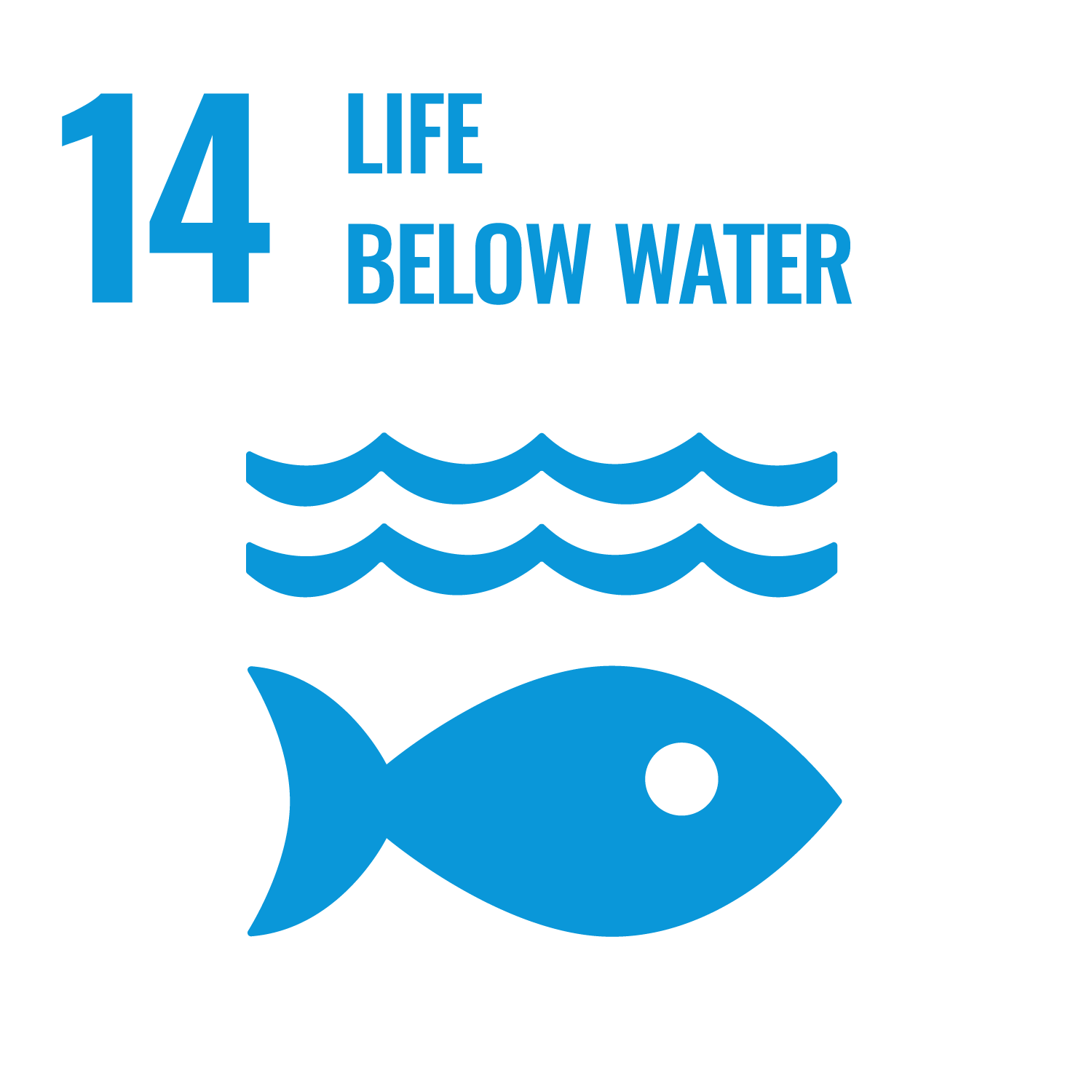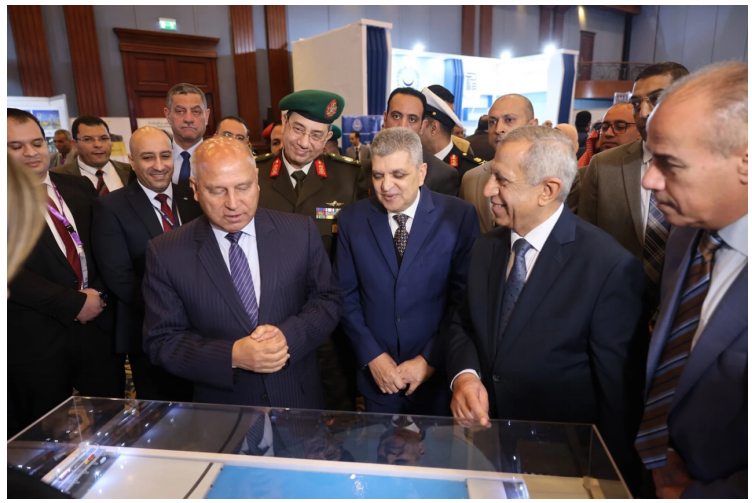 Goal 14. Life Below Water
Goal 14. Life Below Water
14.5.3 Programs towards good aquatic stewardship practices 2022-2023
2023-2024
MARLOG 13. 04th March 2024
The Arab Academy for Science, Technology, and Maritime Transport organized the 13th International Maritime and Logistics Conference (MARLOG 2024). It took place on March 3, 2024, at Hilton Green Plaza Hotel in Alexandria, with the theme of 'Towards smart green blue infrastructure,' in collaboration with Suez Canal Economic Zone (SCZone), the International Association of Ports and Harbors (IAPH), MEDPorts Association, and the Union for the Mediterranean (UfM). The event also involved Valencia Port Foundation, Promotion and Commercial Studies of the Valencian Region (Valencia port Foundation), Antwerp/Flanders Port Training Center, Global Shipping Think Tank Alliance, and The International University of Logistics and Transport in Wrocław, Poland. The conference aims to bring together a diverse group of experts in ports, logistics, sustainability, and technology to discuss the latest developments and trends in sustainable infrastructure.

2022-2023
The College Regularly Represents Egypt in The Working Groups on Stock Assessment (WGSA) of Demersal Species (WGSAD) and Small-Pelagic Species (WGSASP) That Are Organized By The General Fisheries Commission for The Mediterranean (GFCM), Food and Agriculture Organization of The United Nations.
Since 2019, the recommendations of the WGSAs are being submitted to the Scientific Advisory Committee on Fisheries (SAC), which collects and assesses information on catches, fishing efforts, fleet capacity, and other data relevant to the conservation and management of fisheries.
Then, the SAC adopts the assessment of the status and trends of relevant populations of living marine resources, ecosystems, and fisheries-related human components, using the appropriate indicators and in relation to agreed biological and/or management reference points. In addition, A provision of independent advice made by the SAC to facilitate the adoption of recommendations concerning the sustainable management of fisheries and ecosystems at the regional and subregional levels, including relevant biological, environmental, social, and economic aspects, the ecosystem approach to fisheries, the impact of IUU fishing and the assessment of biological and ecological implications under different management scenarios.
Report of the Working Group on Stock Assessment of Demersal Species (WGSAD) session on the assessment of deep-water red shrimp on FAO webpage
Report of the Working Group on Stock Assessment of Demersal species (WGSAD) on FAO webpage
Report of the Working Group on Stock Assessment of Small Pelagic species (WGSASP) on FAO webpage
MARLOG 12. 12th -14th March 2023
The world is facing continuous and different types of challenges, either natural crises such as climate change and other natural hazards that exacerbate climate change or manmade challenges such as conflicts between nations and countries, conflicts in interests between stakeholders, and
the rapid changes in types and sizes of vessels and products and size of trading between countries. These challenges are growing and accelerating with time and driving the world to go through critical stages in the global economy in general and port and supply chains, which drives strongly to search for innovative and effective solutions to face the challenges and ensure the continuity of maritime transport and port productivity and competitiveness.
The crises and challenges during the last few decades led to negative consequences on the global economy and particularly a huge impact on supply chains, logistics, and ports, which emphasize the importance of adopting integrated solutions and applying effective measures to adapt to such challenges and rational risk management. Furthermore, the challenges facing the world reflect the significance of implementing resilient strategies that ensure the ability to sustain logistics business and port services efficiency.
The mitigation of different crises can be achieved through different aspects and one of these aspects is modern technologies and promoting innovation. Relying on modern technologies and promoting innovation are the key drivers for achieving a resilient future for ports and the logistics industry. This requires synergies between decision-makers, academic researchers, stakeholders and the whole port and logistics community. It also requires effective communication, exchange of knowledge and best practices.
MARLOG 12 sheds light on the importance of innovation, modern technologies, and their role in a sustainable, resilient future for the port community and maritime industry.
Link 1: MARLOG 12 Introduction
MARLOG 11 20th - 22nd March 2022
The conference theme was “Towards a sustainable blue economy”. Blue economy seeks to promote economic growth while at the same time ensuring the environmental sustainability of the oceans and coastal areas. Blue economy has diverse components, including established traditional ocean industries such as maritime transport, fisheries, and new fields, such as offshore renewable energy, seabed extractive activities, aquaculture, and marine biotechnology.
The conference topics were:
- Blue Economy Management Technology
- Innovative investments in the blue economy
- Blue economy: Maritime transport and Ports services
- Smart innovations for the blue economy
- Challenges and Opportunities of Blue Economy
- Blue Economy: Environmental Prospective
MARLOG 11 20th - 22nd March 2022 on AASTMT webpage
MARLOG 11 20th - 22nd March 2022 on AASTMT webpage



